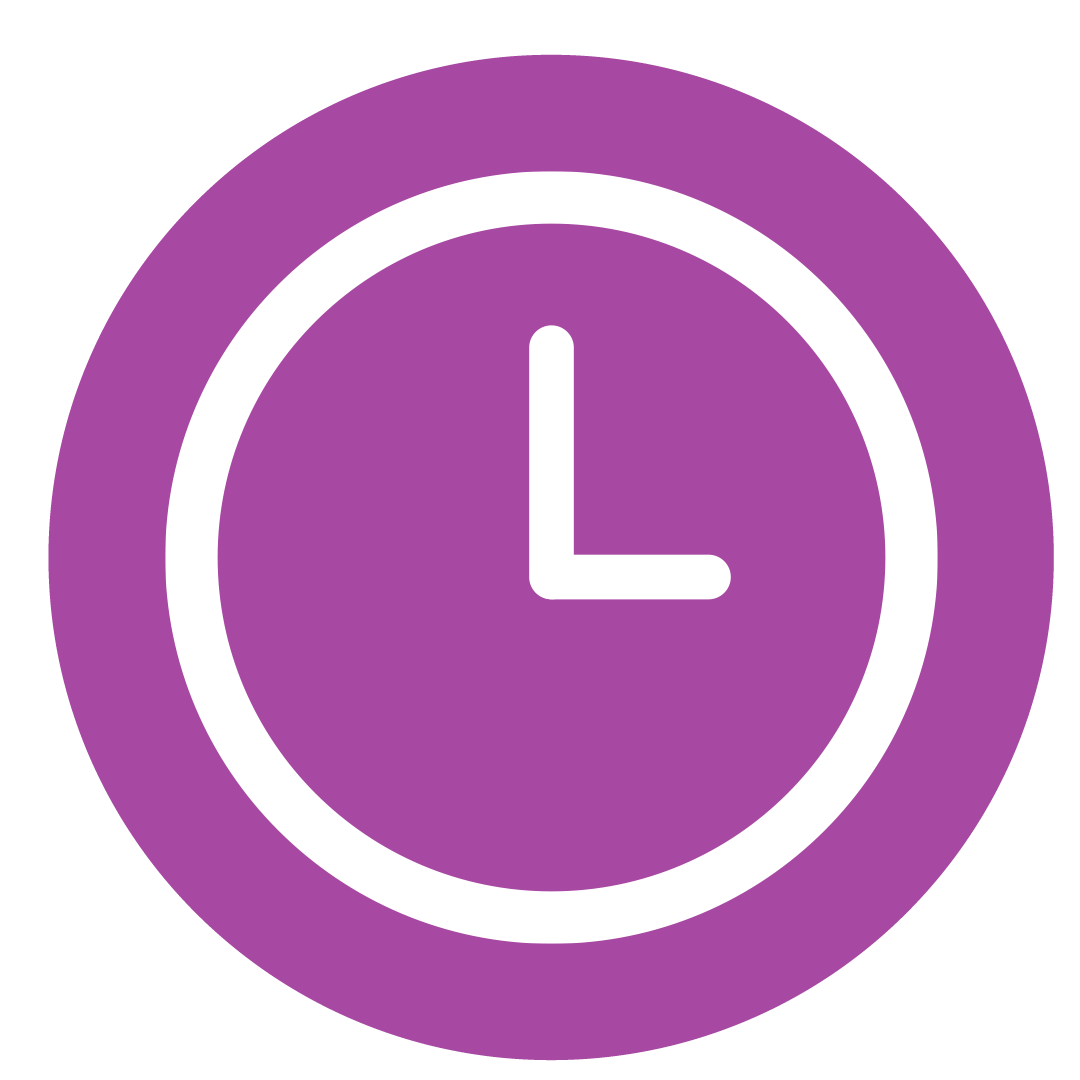Case Study
How the Congress of Neurological Surgeons Achieved Fourfold Efficiency for Clinical Guideline Development with DistillerSR
DistillerSR enabled real-time collaboration between multiple stakeholders, faster reference screening, and a significant increase in systematic literature review output for the clinical guideline development team at the Congress of Neurological Surgeons (CNS).

Configurable for Complex Requirements
DistillerSR works the way you do. The CNS workflows were configured to accommodate a diverse group of stakeholders working simultaneously on multiple systematic literature review projects.

Transparent, Audit-Ready Literature Reviews

Automated Processes for Accelerated Research
Since implementing DistillerSR, the CNS reported a four-fold increase in their literature review output. With a faster completion rate, the team is able to focus on research and other critical community initiatives.
The Congress of Neurological Surgeons (CNS) is a North America-based professional association representing neurosurgeons, neurosurgical residents, medical students, and allied health professionals. It is also the leading organization dedicated to advancing neurosurgery through education and innovation. Since 2008, the CNS has been developing clinical practice guidelines (CPGs) that provide recommendations intended to optimize patient care and outcomes. These guidelines derive from systematic literature reviews of the current scientific evidence combined with an assessment of the costs and benefits of alternative care options.
The development of CPGs is a time-consuming, collaborative process. The CNS team started developing CPGs informally in 2008, but the guideline development department was only formally staffed beginning in 2012.
Patricia Rehring is the Director of Evidence-Based Practice Initiatives at the CNS. She joined the clinical guidelines team seven years ago. “When we started doing this work, we were using Excel spreadsheets, processing thousands of abstracts manually,” she says. “Initially, we were dividing up the work while relying on volunteers from our fellowship program for the initial screening, and then passing the inclusion and exclusion of references and the data extraction portion to a different team.”
The slow output from manual literature reviews combined with the unprecedented pace at which research is being published were major factors in Patricia’s decision to look for a software solution. “One of the biggest challenges of developing clinical practice guidelines is keeping up with the latest evidence,” she notes. “It can take you a couple of years to complete your literature review, and by the time you’re ready to publish it, your data is no longer current.”
To address the uniquely complex and dynamic nature of neurosurgery, the CNS relies on multidisciplinary task forces for each project and strong study protocols that ensure comprehensive coverage.
“Our systematic review methodology is different from many other organizations in that we run multiple reviews simultaneously and consult with experts across a diverse range of topics,” Patricia explains. Faced with this complexity, the team started their search for a robust software platform that was flexible enough to accommodate their project requirements, streamlined collaboration between multiple stakeholders engaged in different portions of the systematic literature review, and would assure efficiency. “We considered a few different solution providers, but in the end, DistillerSR was the best fit for our organization. Our requirements are very specific, and we needed to be able to customize the workflows to the way we work. The other solutions in the market did not offer the configurability we needed.”
“Once a set of clinical guidelines is published, we often get questions about how we got to the results, and it is important to be able to go back to your literature review and pull the data about reference inclusions and exclusions. The ability to generate inclusion and exclusion reports automatically and the assurance that every decision is tracked in an audit log was a huge selling point for our organization.”
Increased Productivity and Seamless Collaboration Between Stakeholders
DistillerSR is a cloud-based solution, and users can be added by the account administrator with the click of a button at any time throughout a project. Additionally — in keeping with CNS requirements — specific portions of the literature review can be assigned individually. Meanwhile, the account administrator can track progress in real time and make any adjustments on the go to ensure their tight deadlines are being met. Automating the literature review process not only enabled multiple stakeholders to work together seamlessly but also allowed them to manage many systematic review projects simultaneously. Not long after implementing DistillerSR, the team was able to quadruple their output.
The title and abstract screening stage is much faster than before, thanks to DistillerSR’s keyword highlighting functionality and integrations with data providers, such as PubMed, which allow for more efficient and faster screening. Transitioning their time-consuming past manual processes to a software solution that manages the entire literature review lifecycle ensures that reviewers are keeping up with the latest published evidence in the field. DistillerSR’s add-on module, LitConnect, automatically imports newly published references so that literature reviews are always kept up to date, which allows the CNS team to update any previously published guidelines.
The process of developing and publishing CPGs is anchored in transparency. “Once a set of clinical guidelines is published, we often get questions about how we got to the results, and it is important to be able to go back to your literature review and pull the data about reference inclusions and exclusions, for example,” explains Patricia. DistillerSR provides the team with the ability to generate inclusion and exclusion reports automatically and the assurance that every decision is tracked in an audit log. “This was a huge selling point for our organization,” says Patricia.
Real-Time Project Management, Enabling Forecasting Ability for Future Projects
DistillerSR’s dashboard allows CNS managers to track real-time user and project metrics, making it easier to calculate the number of hours needed to complete literature reviews and subsequently publish their clinical guidelines. According to Patricia, “since implementing DistillerSR, I have been able to analyze user and project metrics to calculate how much time each clinician volunteer is spending on a specific review, for example, and estimate how much time we will need for future projects while allocating resources more efficiently.” As a result of increased productivity and more efficient resource allocation, Patricia has added a new group of fellows to the guideline development task force.
The CNS task forces have reacted positively to transitioning to an automated, collaborative platform. “Not only has DistillerSR enabled us to do more, faster, but it has also freed up time for new initiatives,” Patricia says. “It has fundamentally changed the way we work. Every one of us is happy to say that manual systematic reviews are a thing of the past now.”
Download the PDF version of this case study
Learn More About DistillerSR




